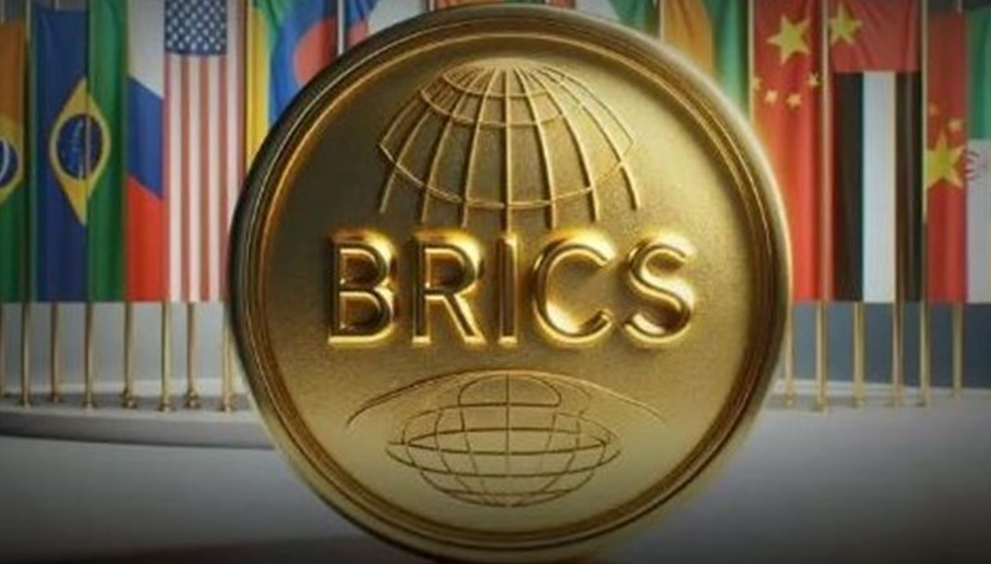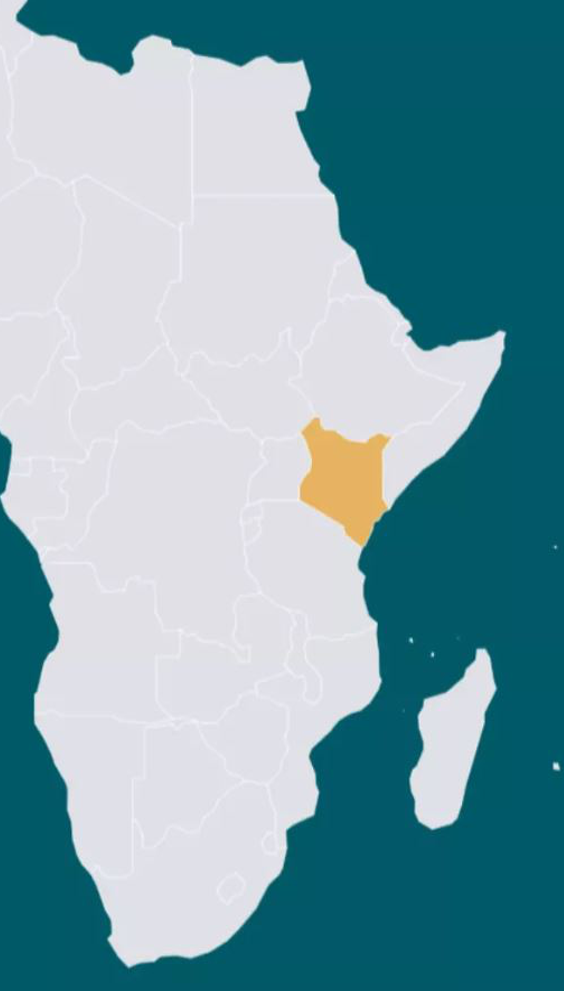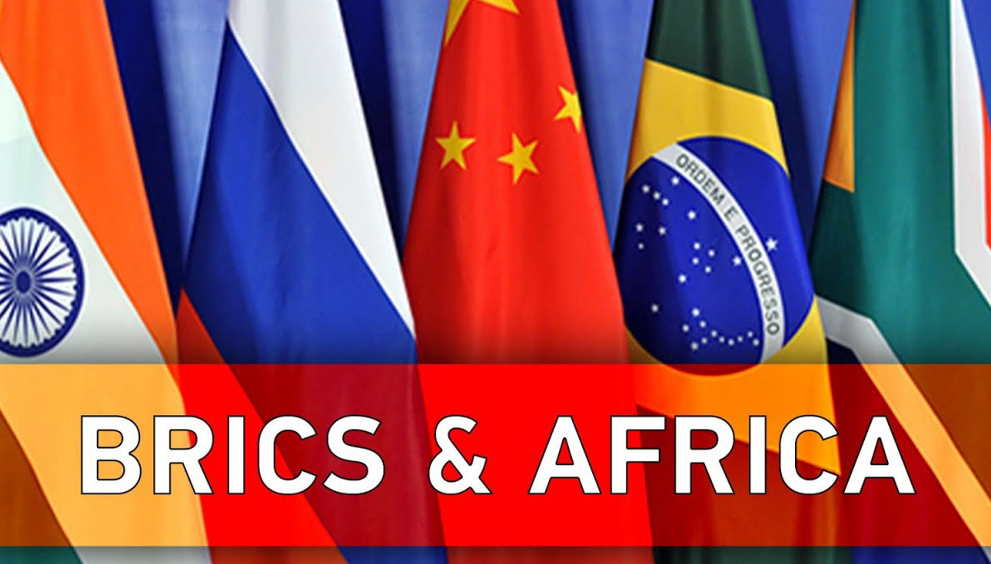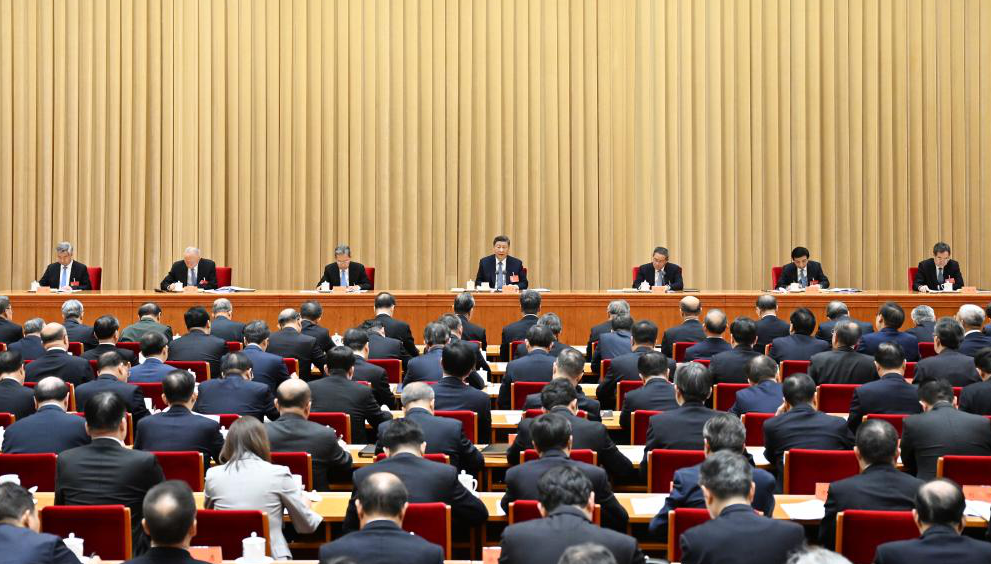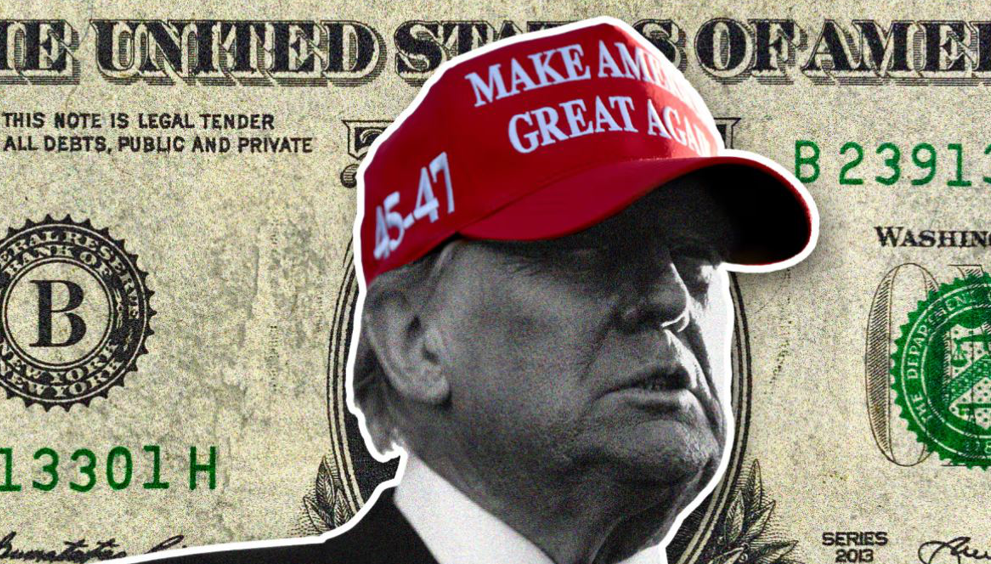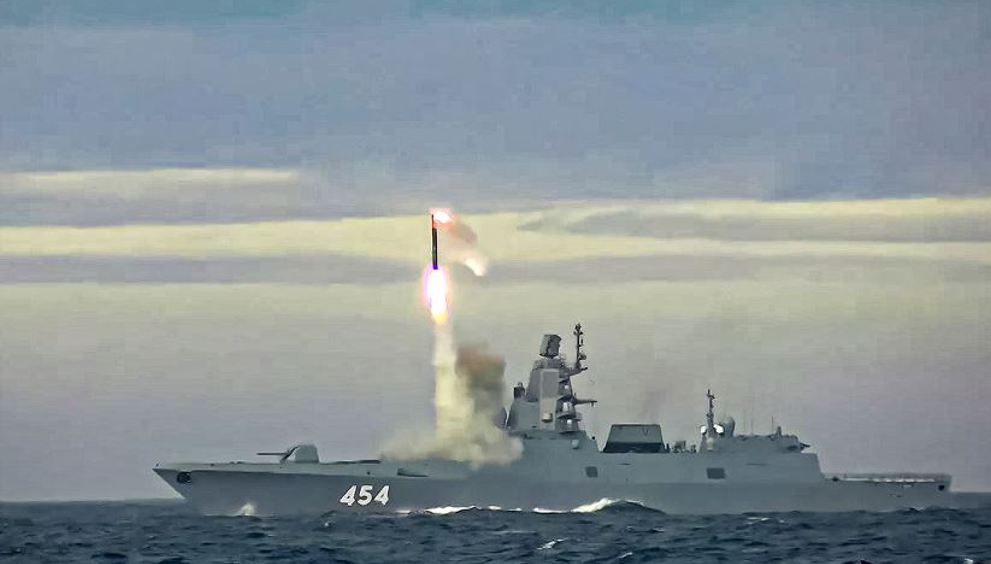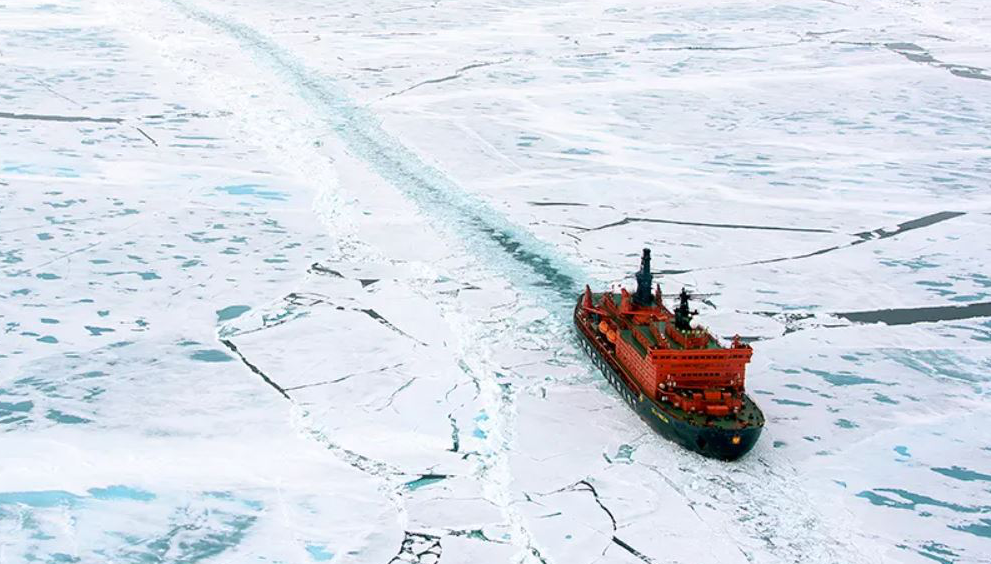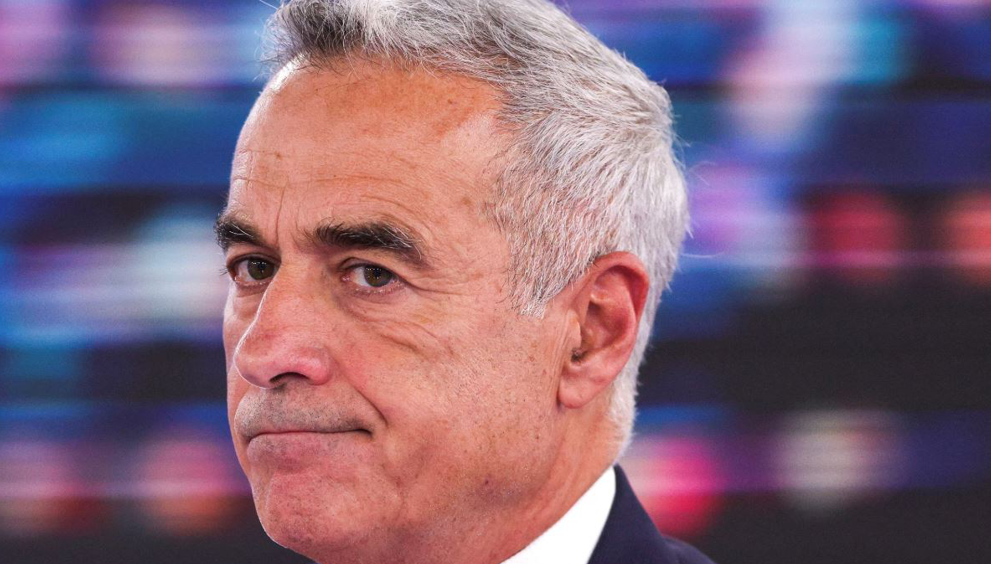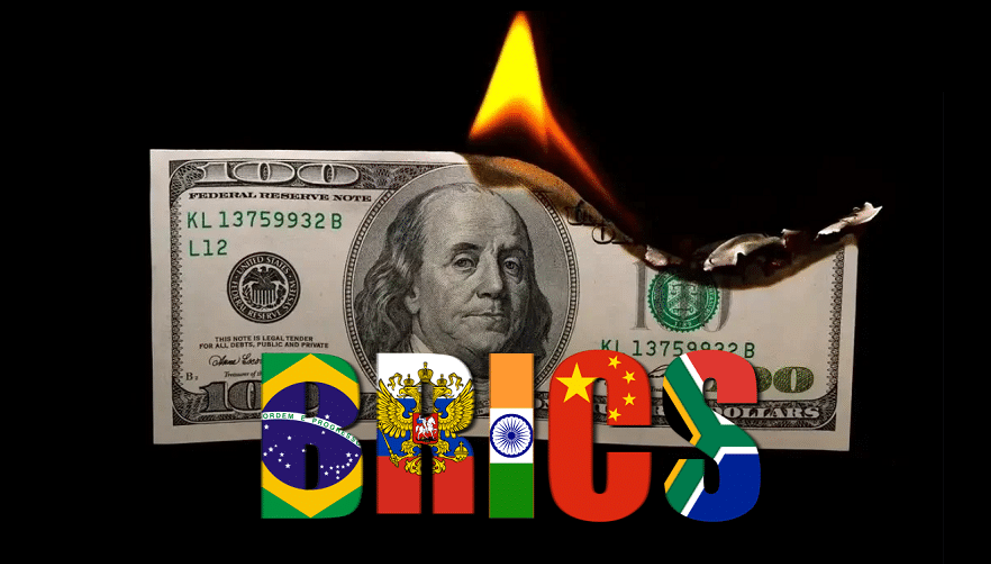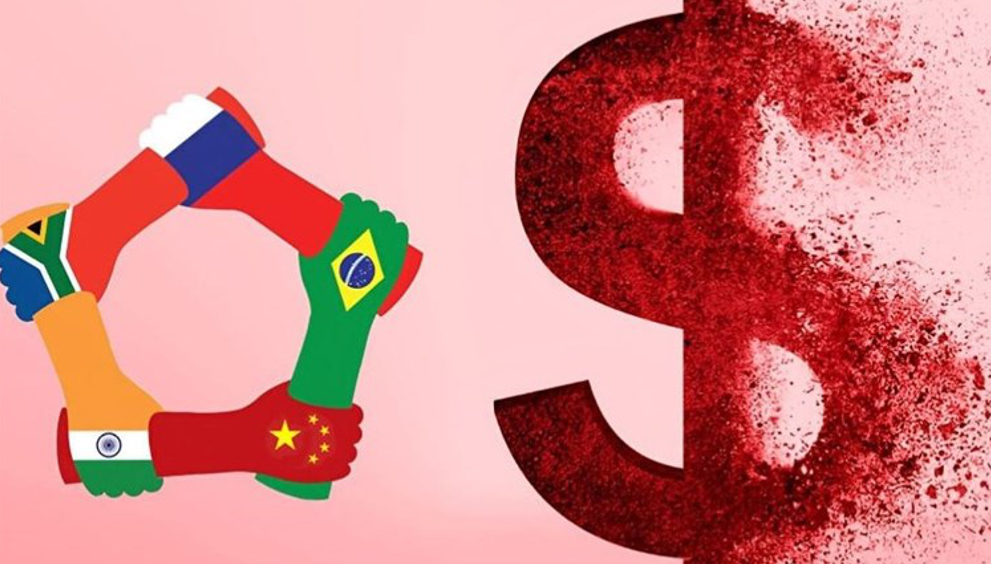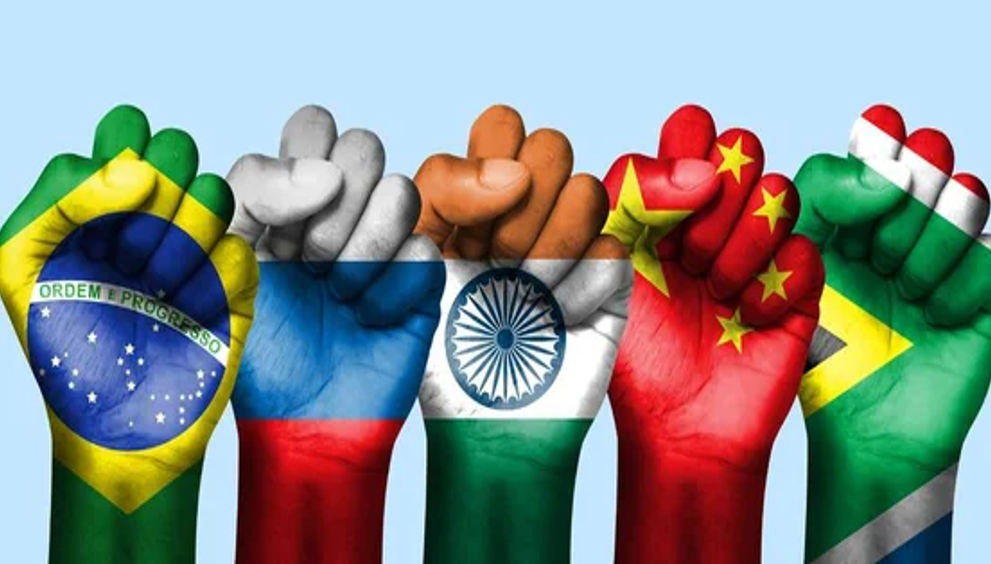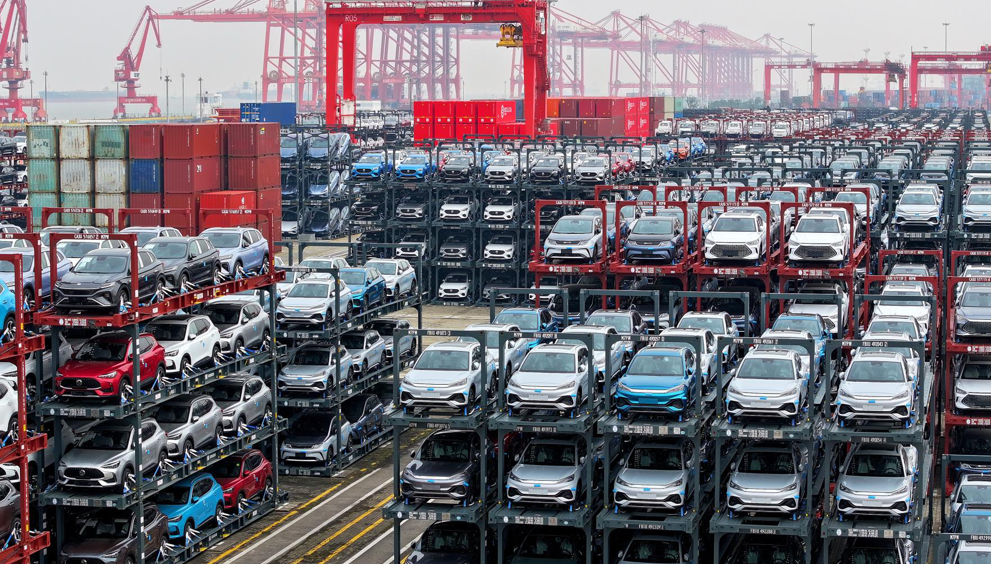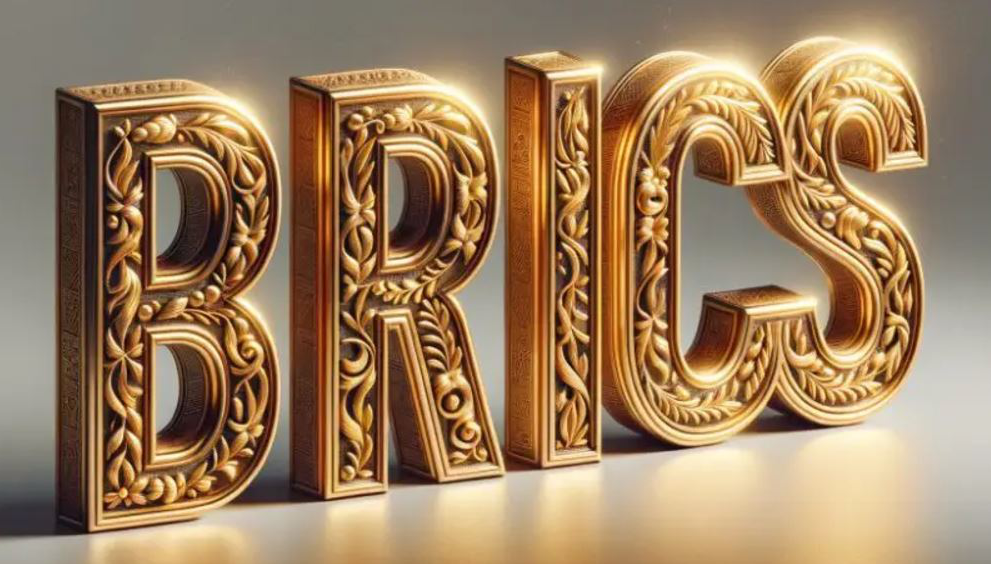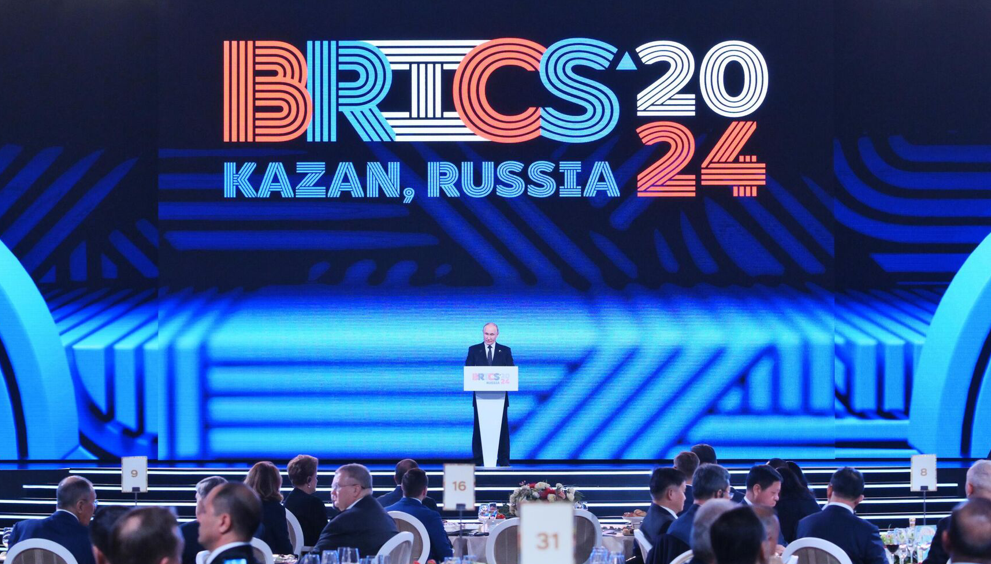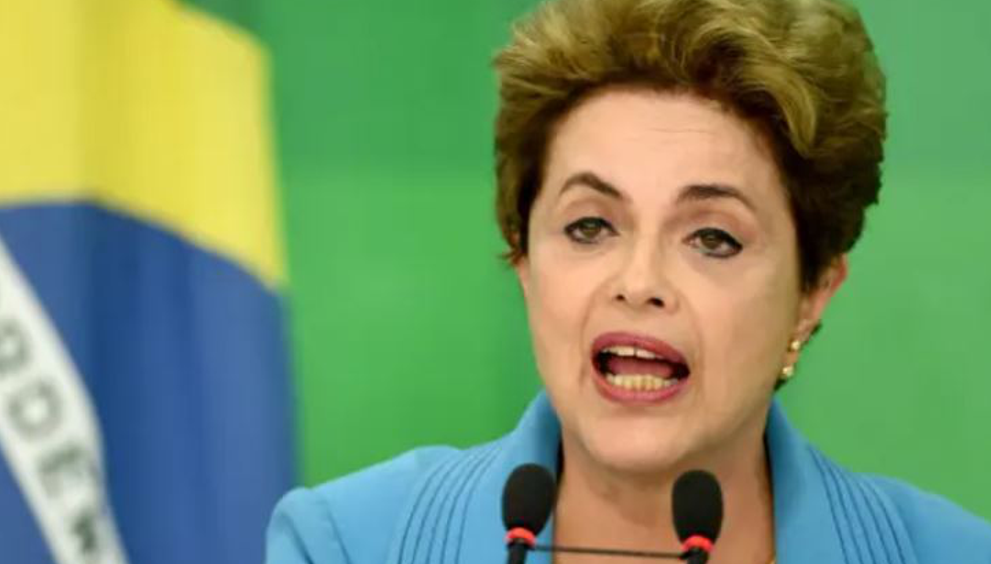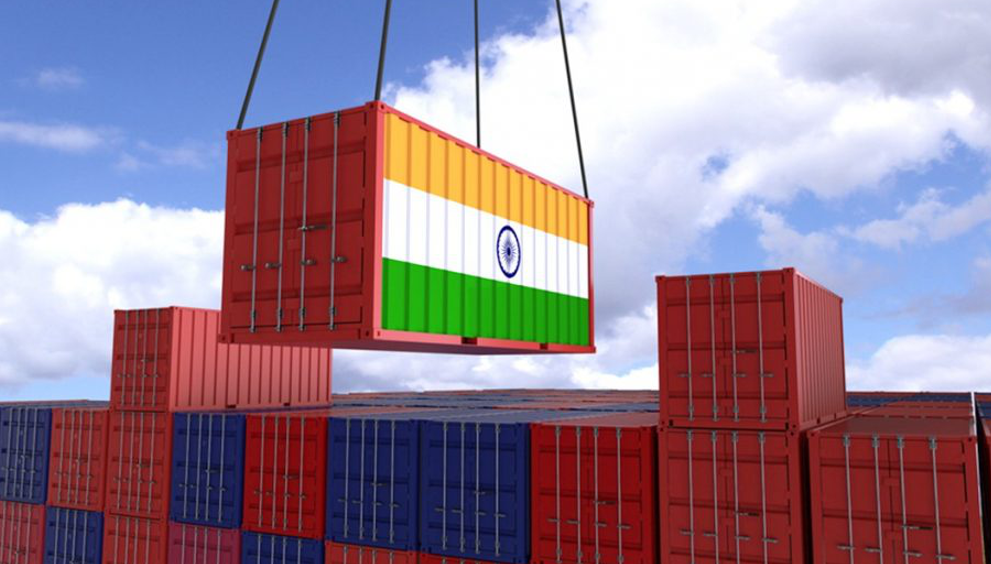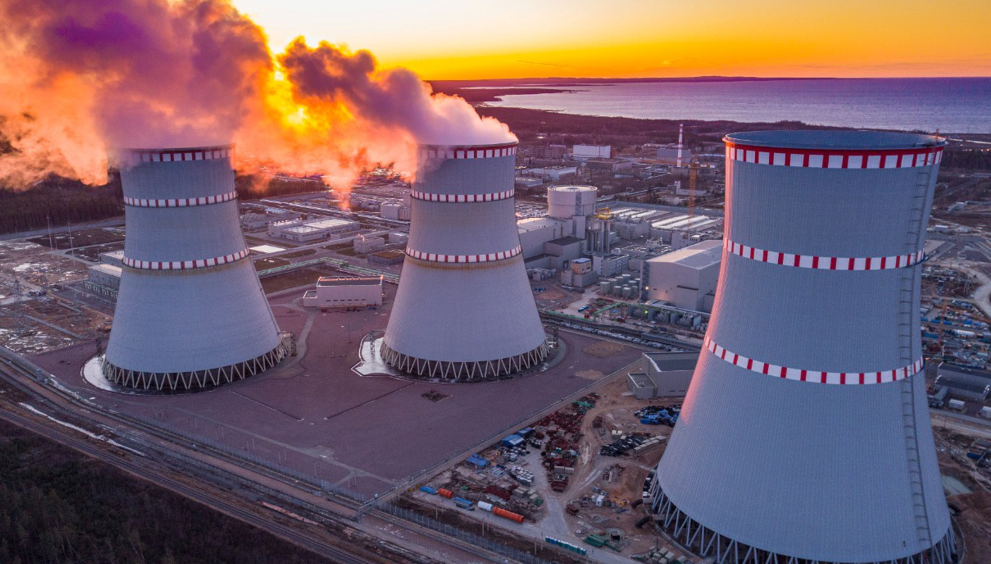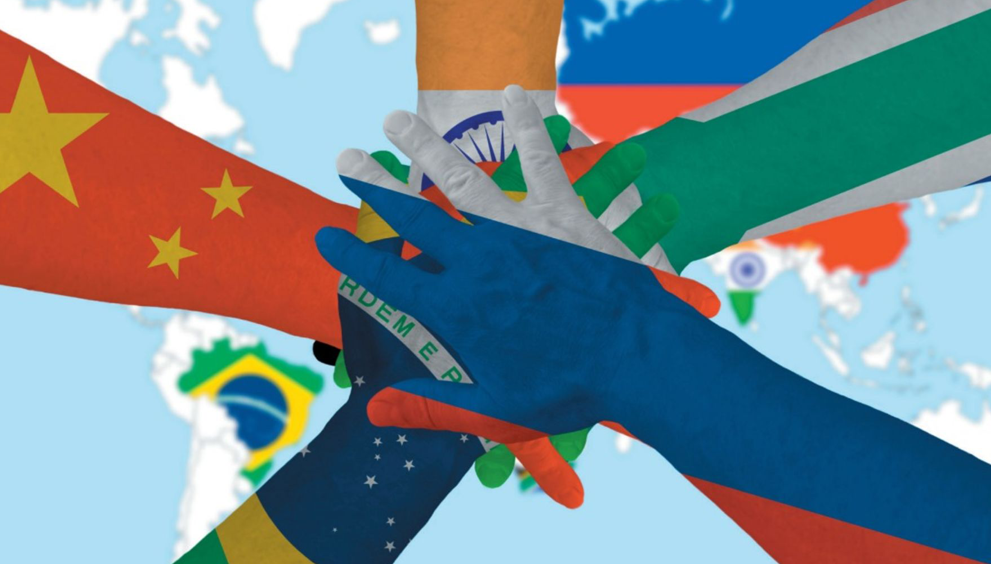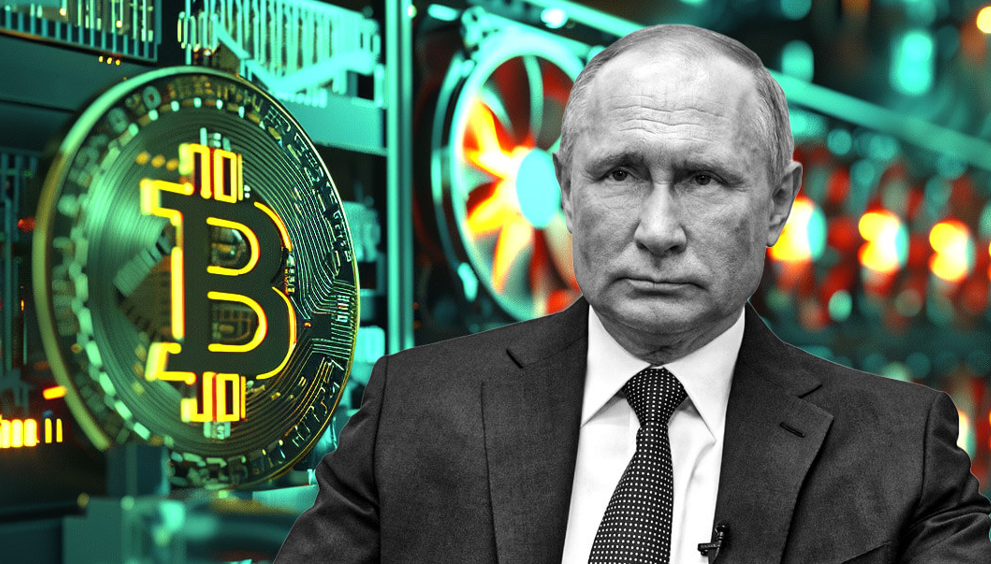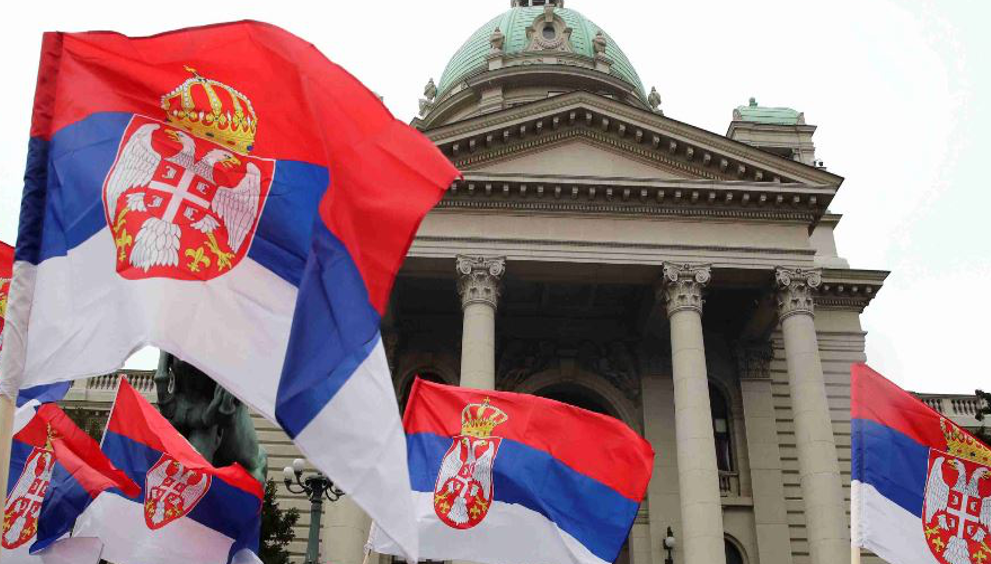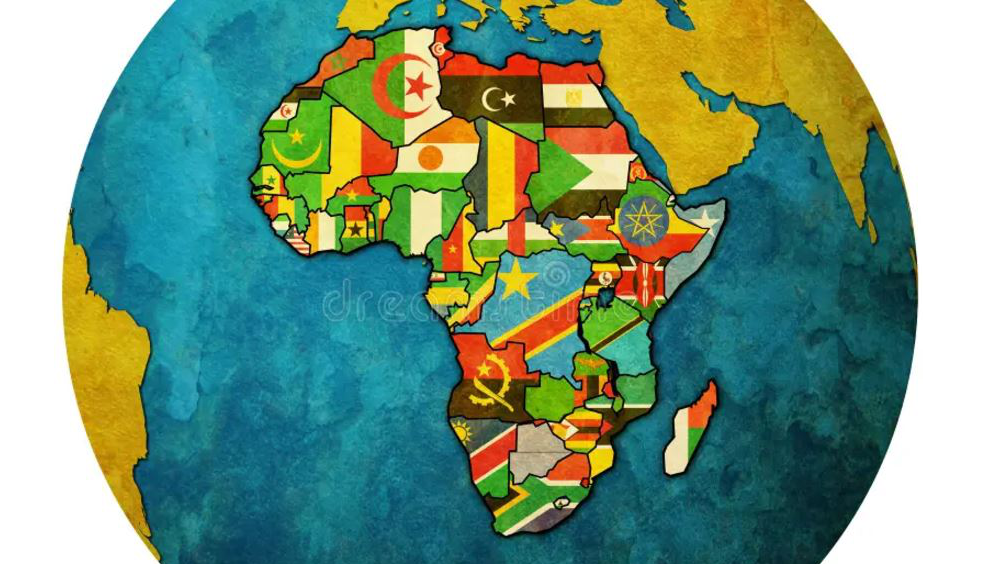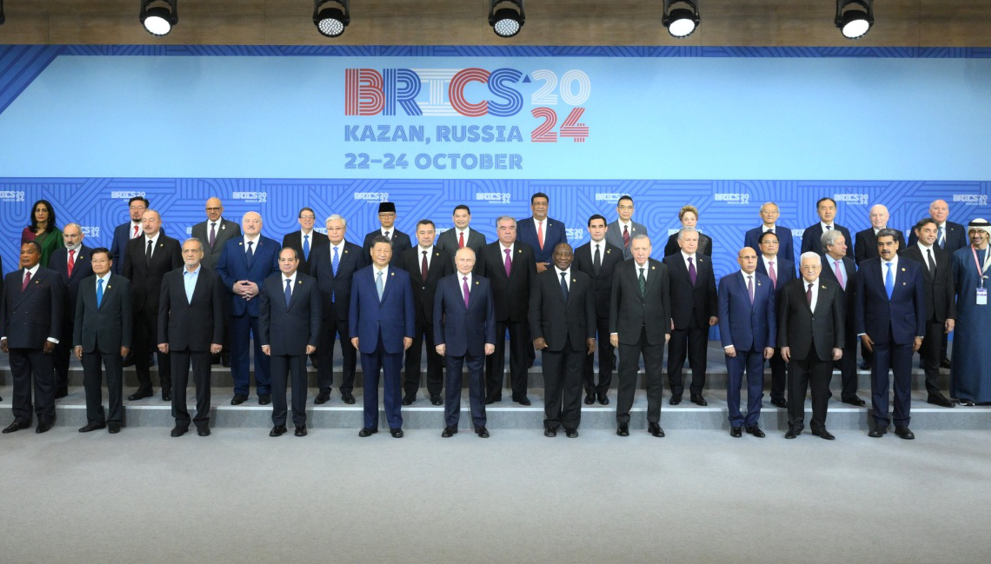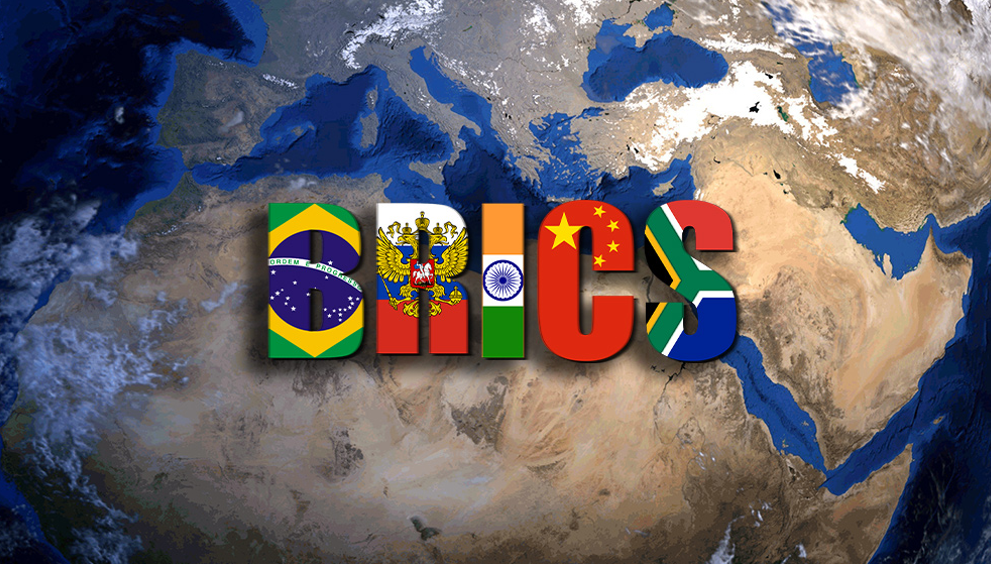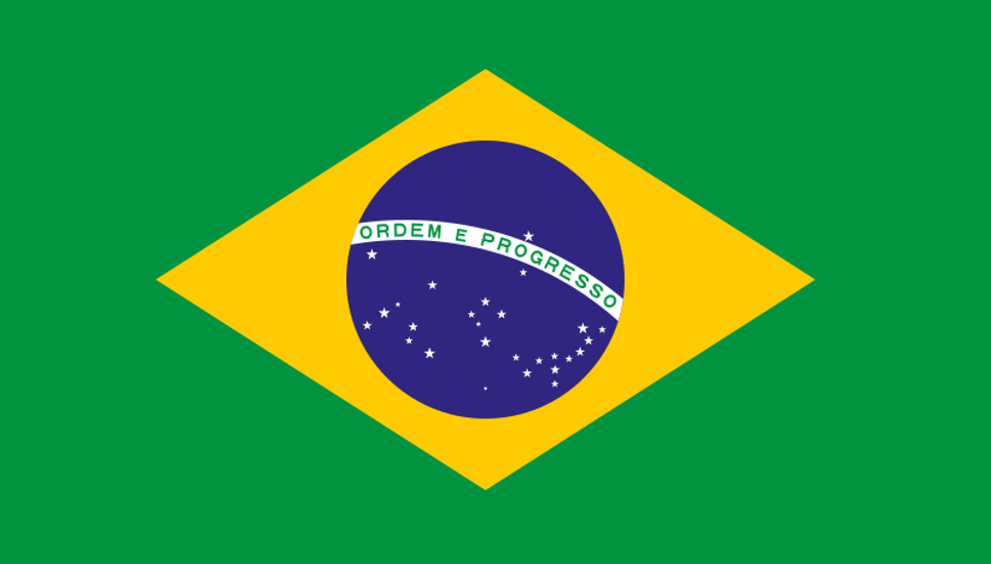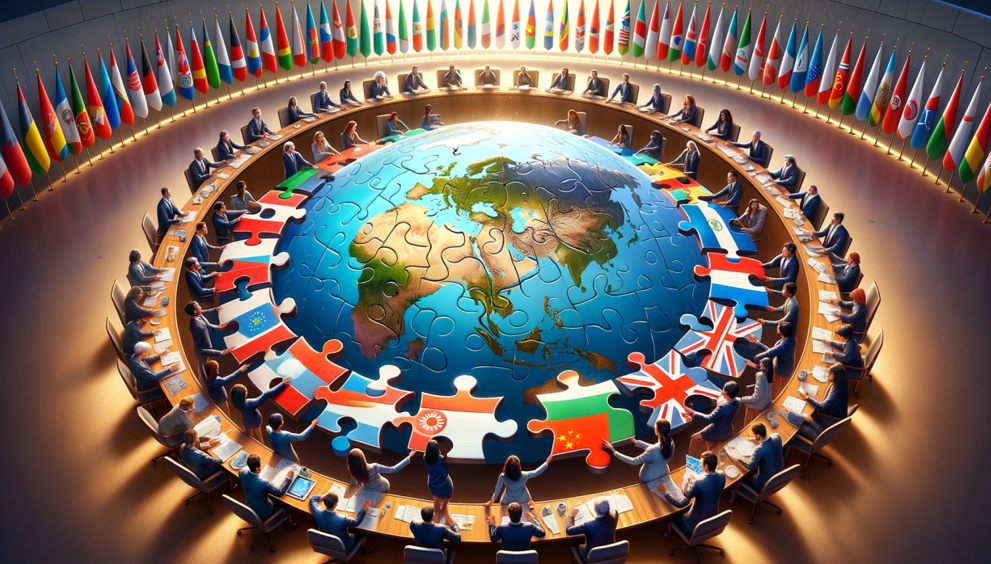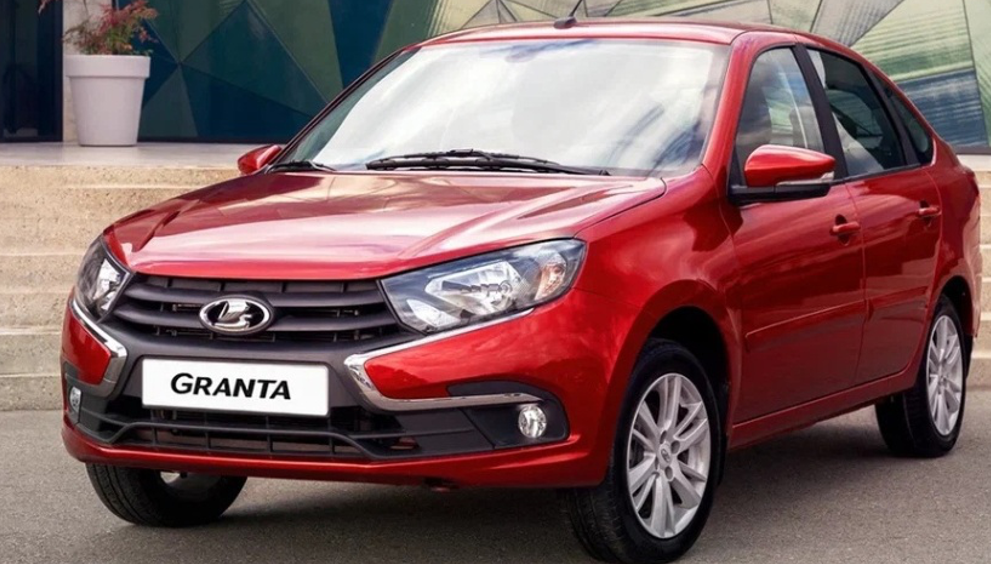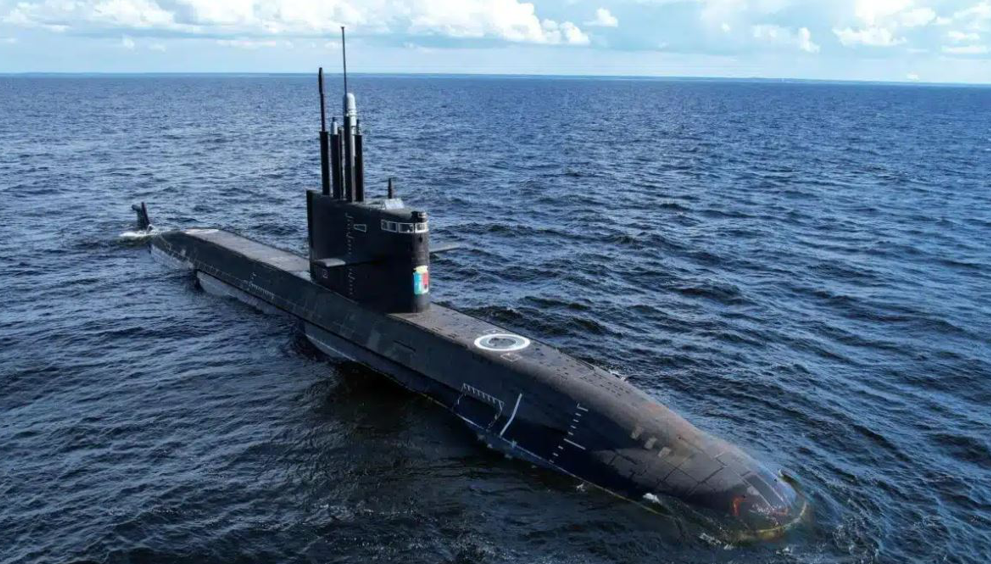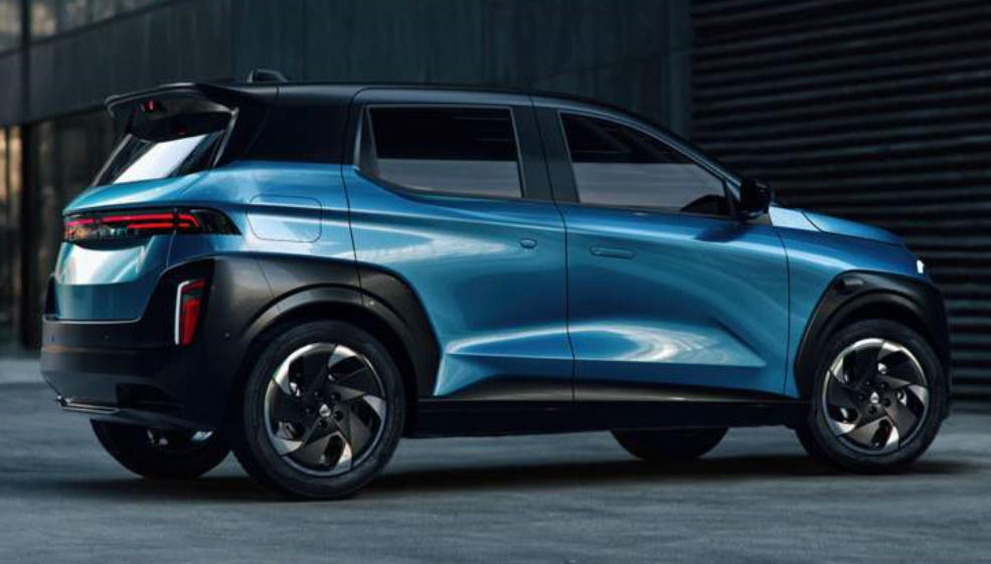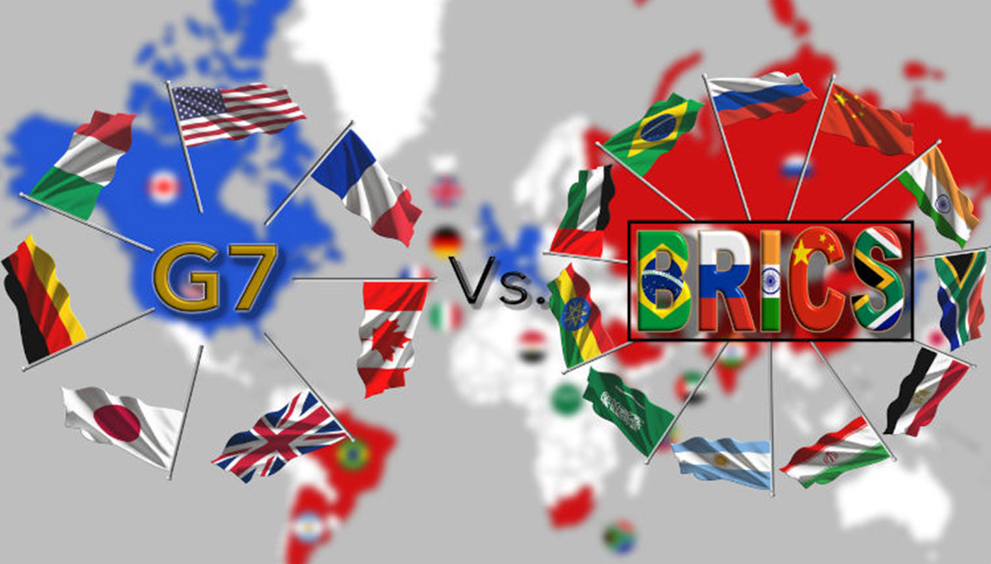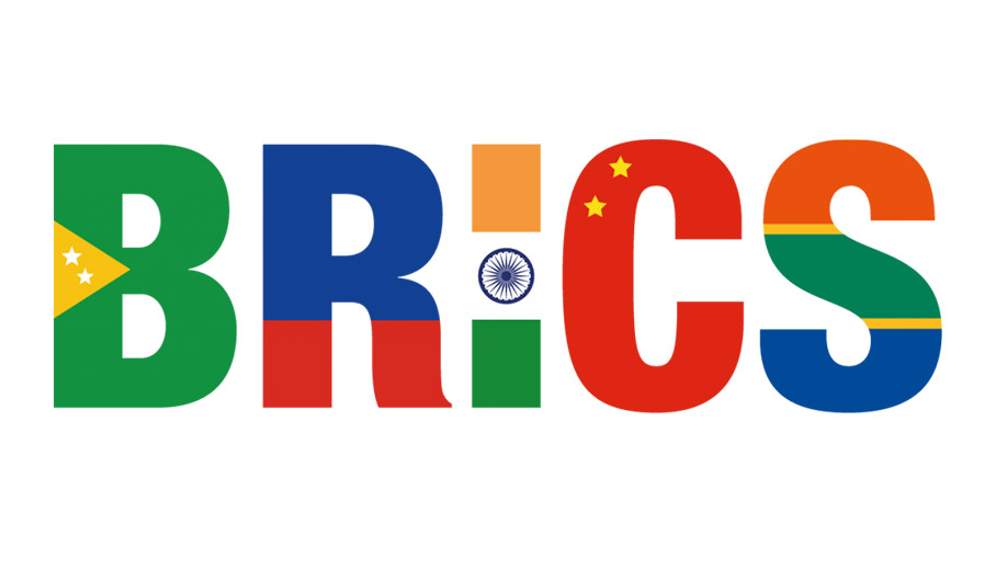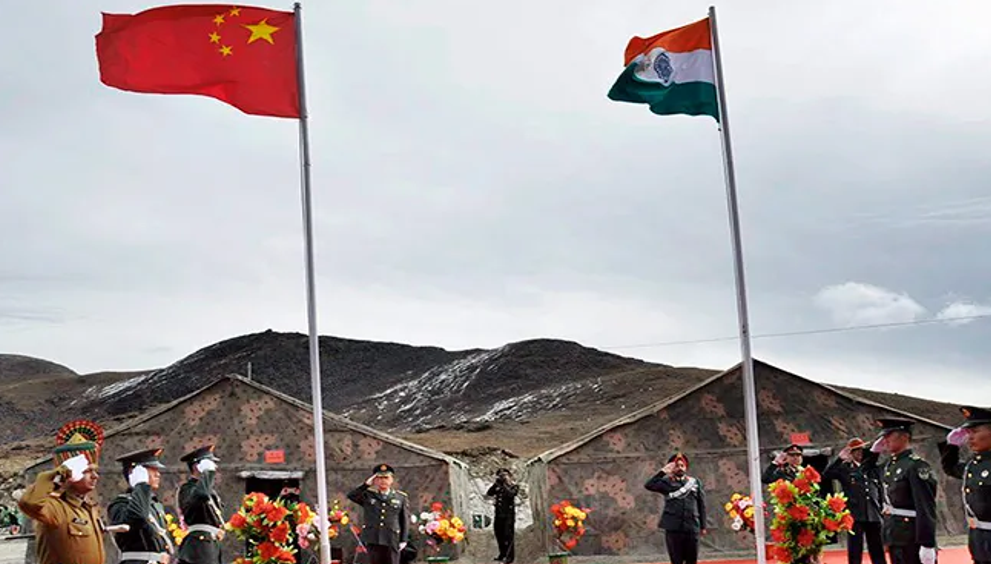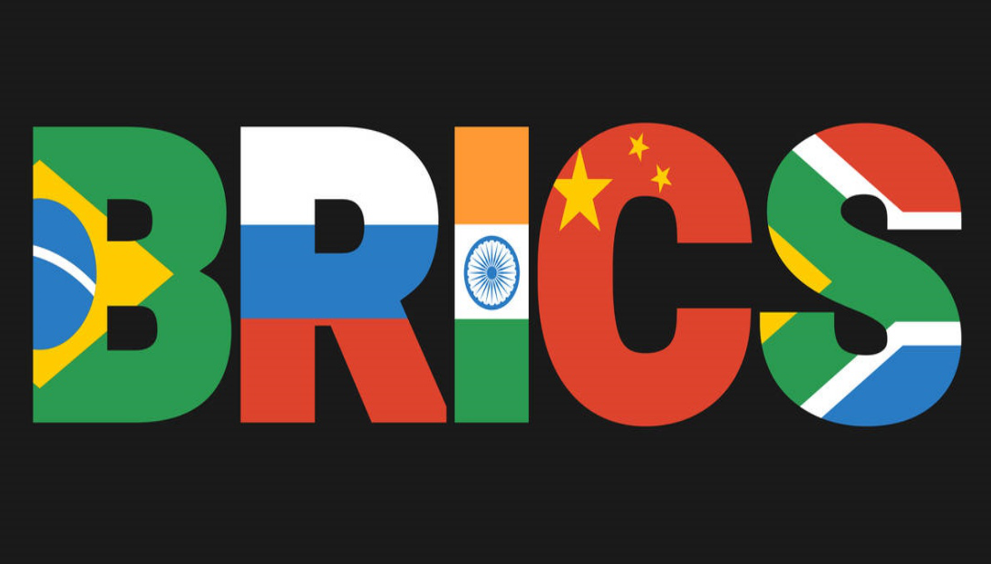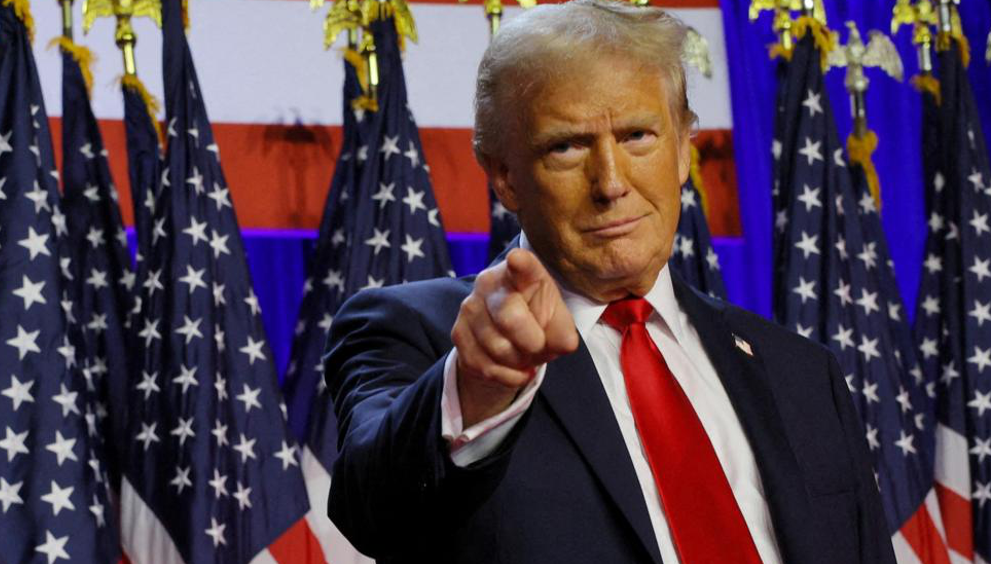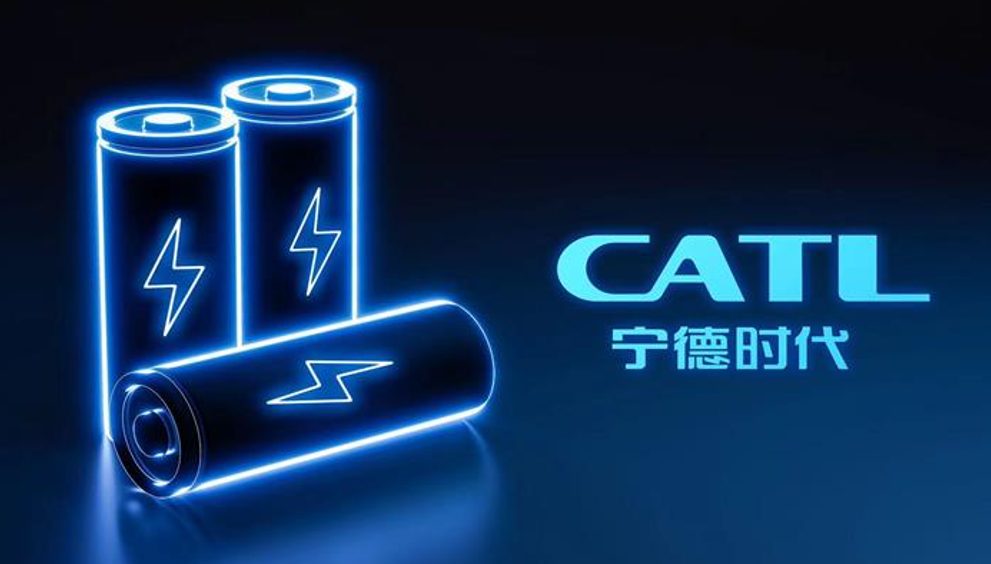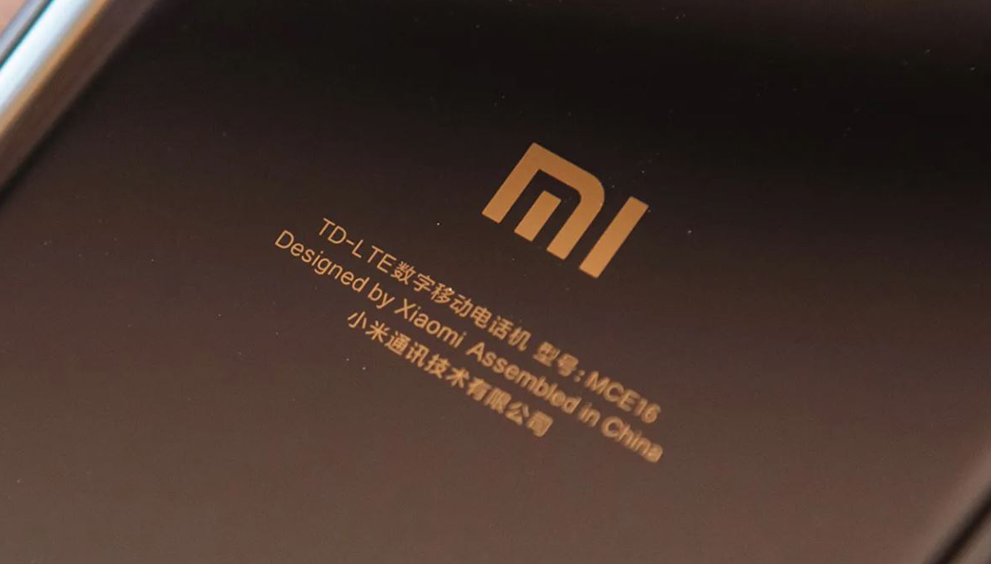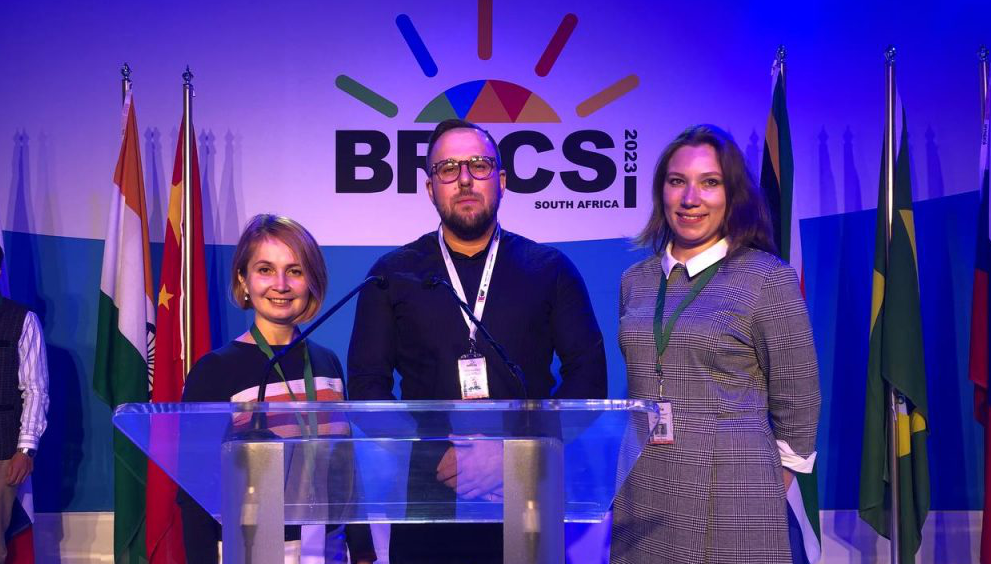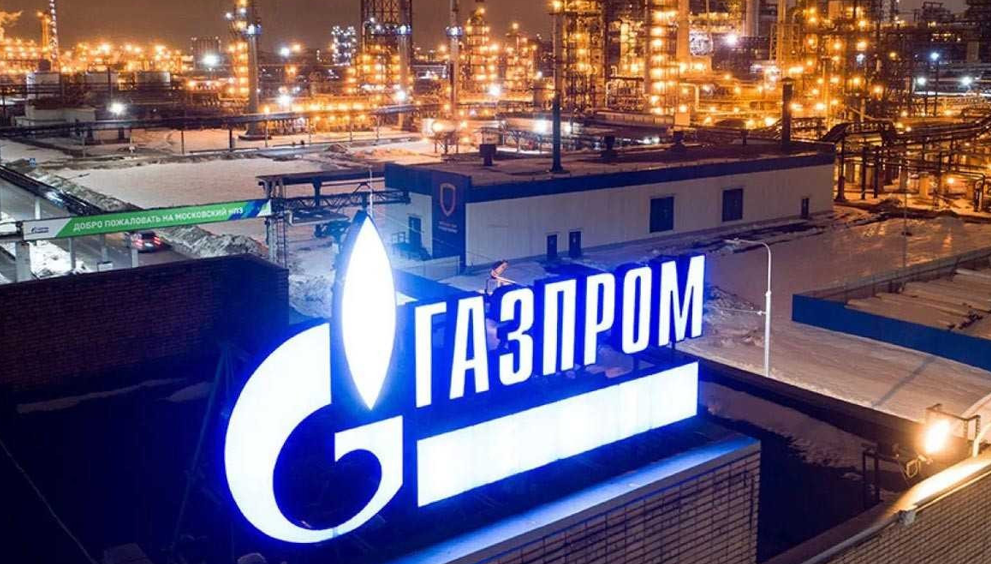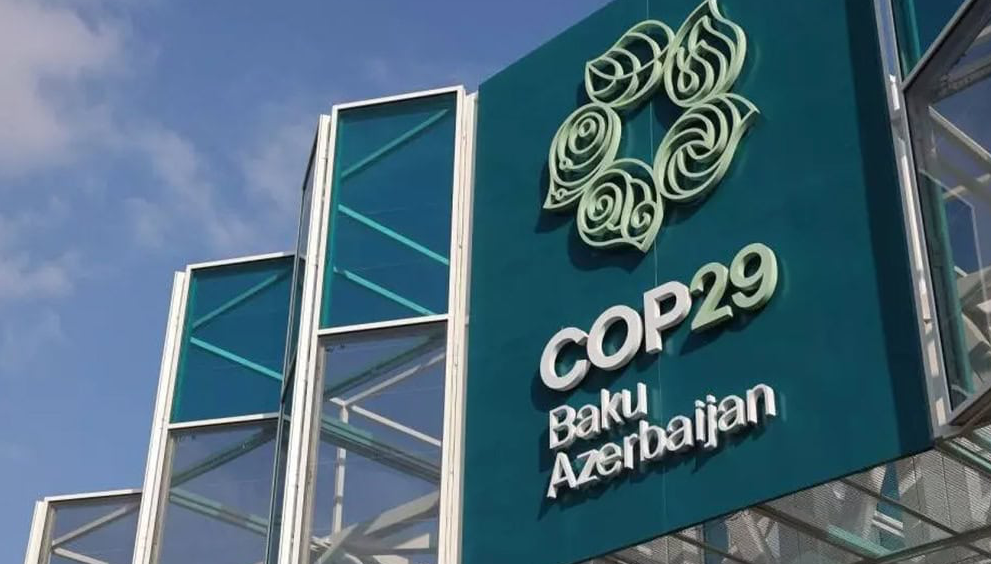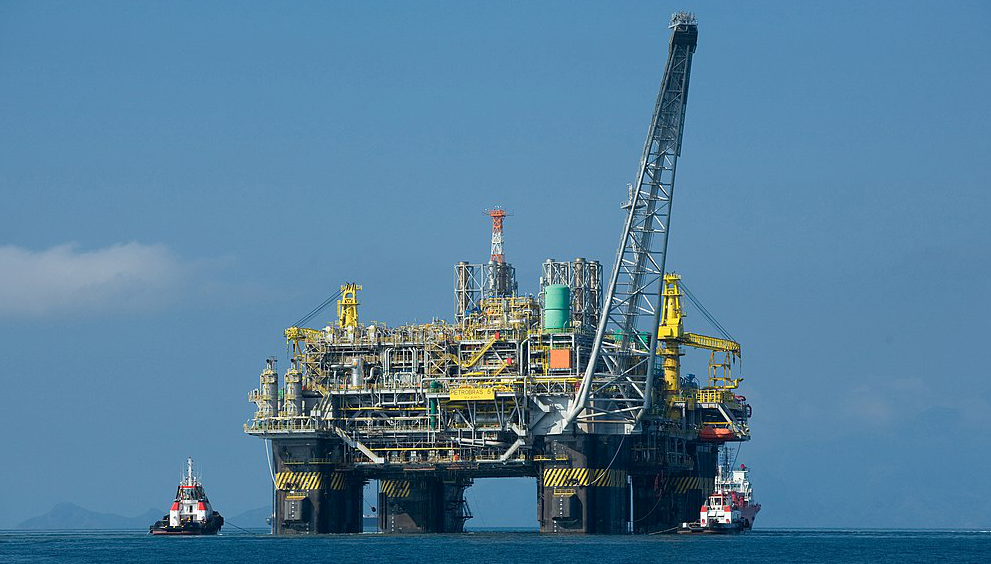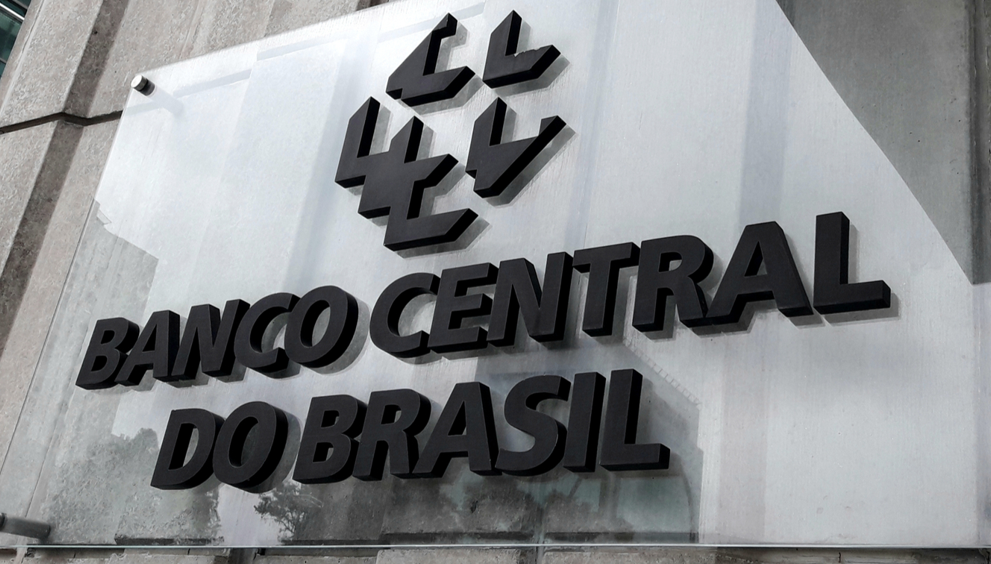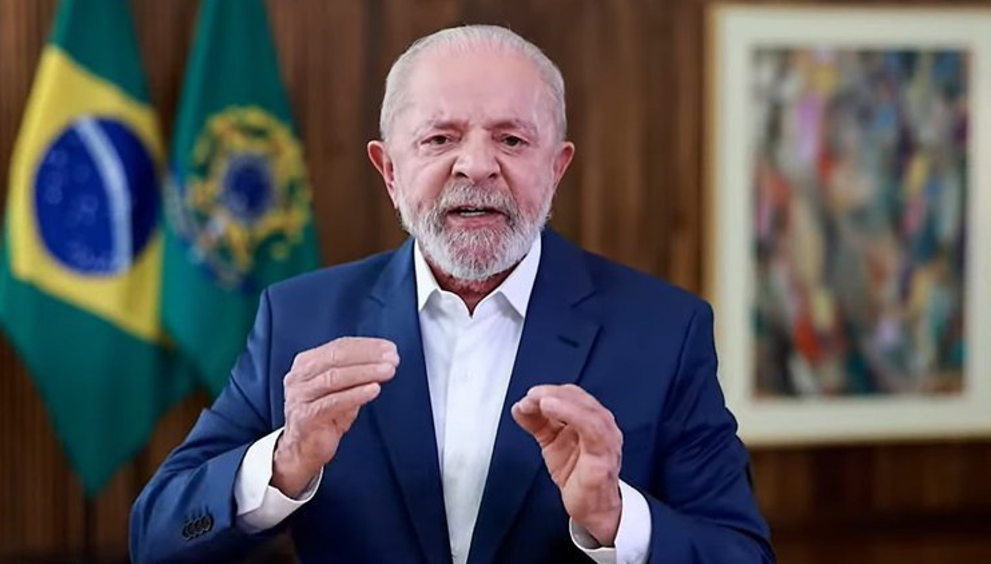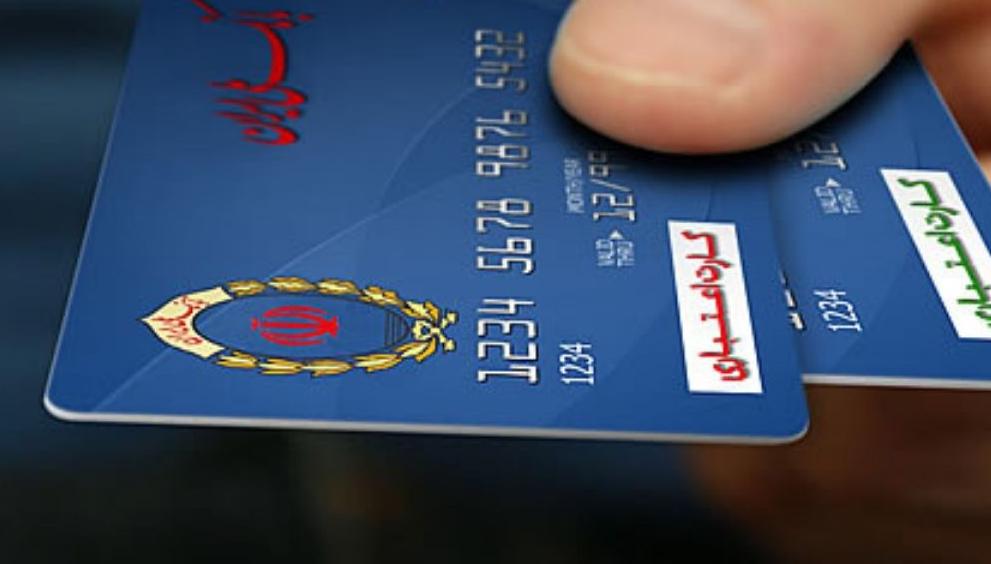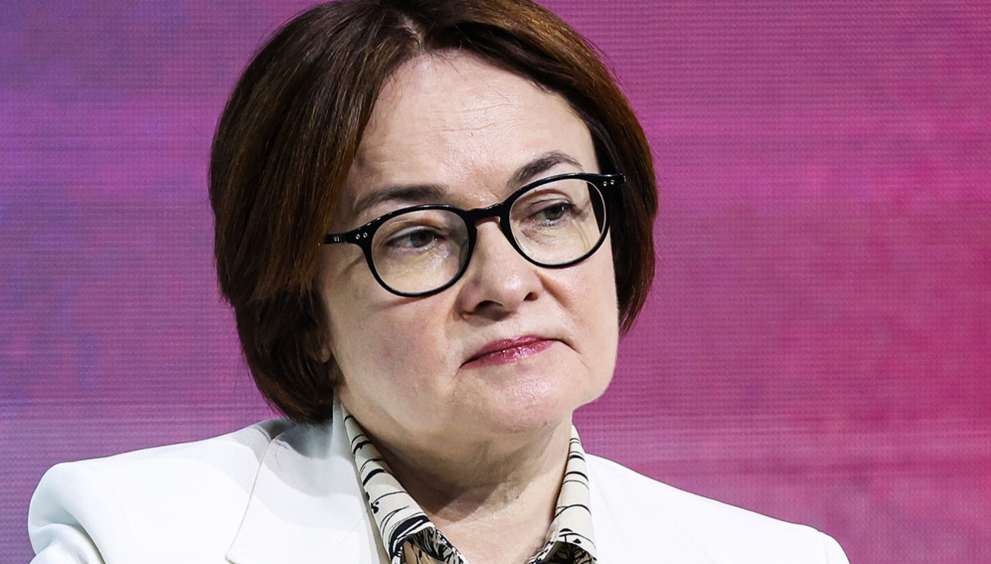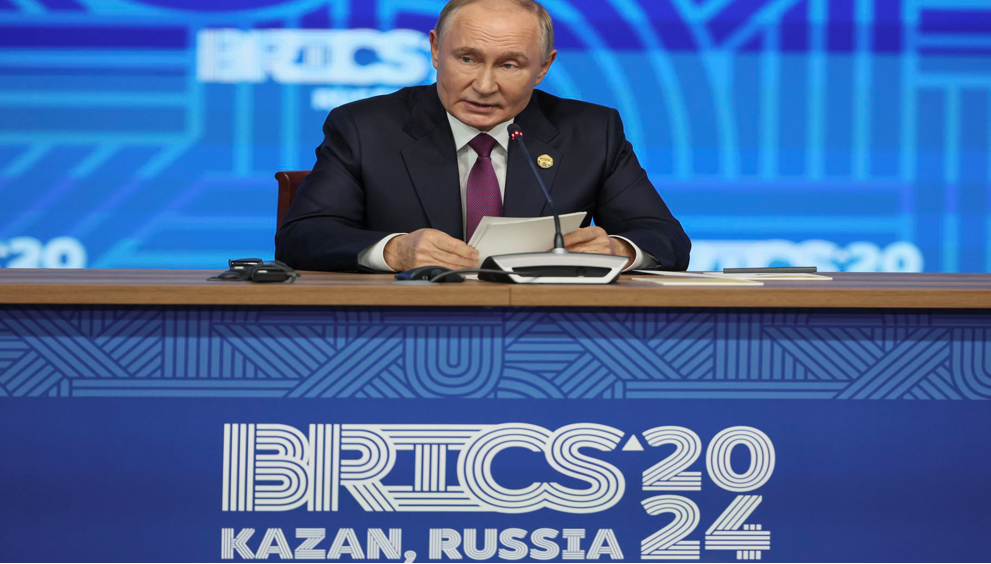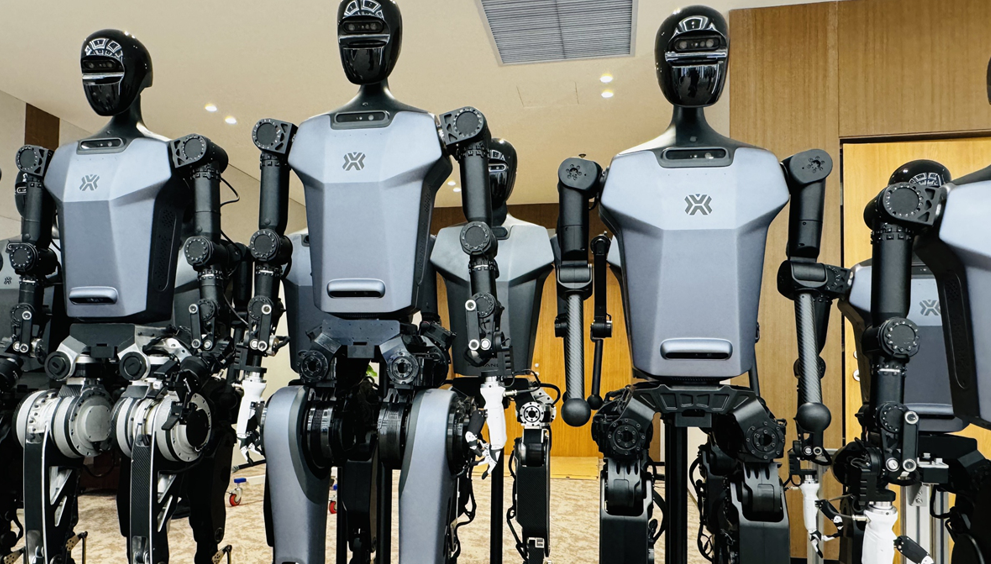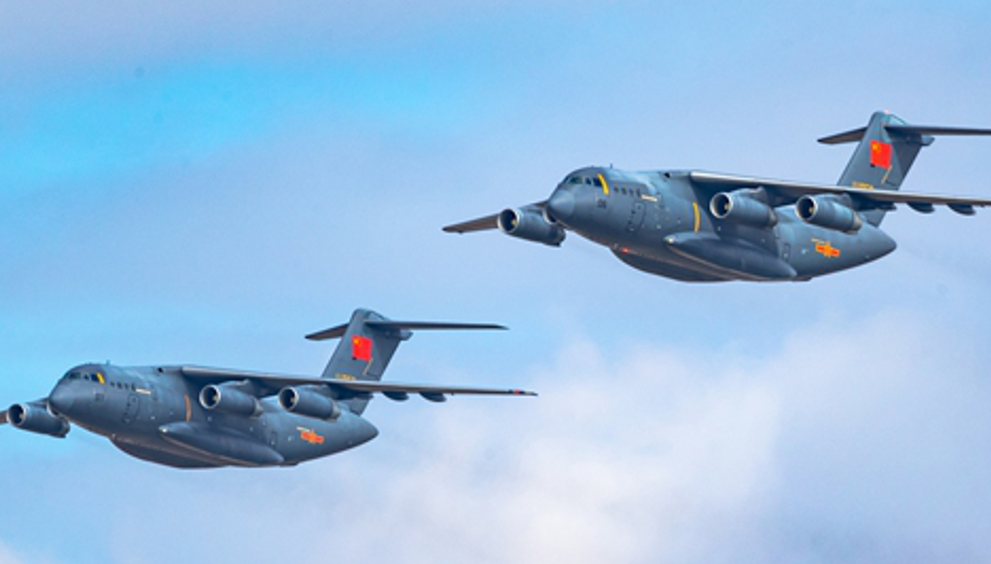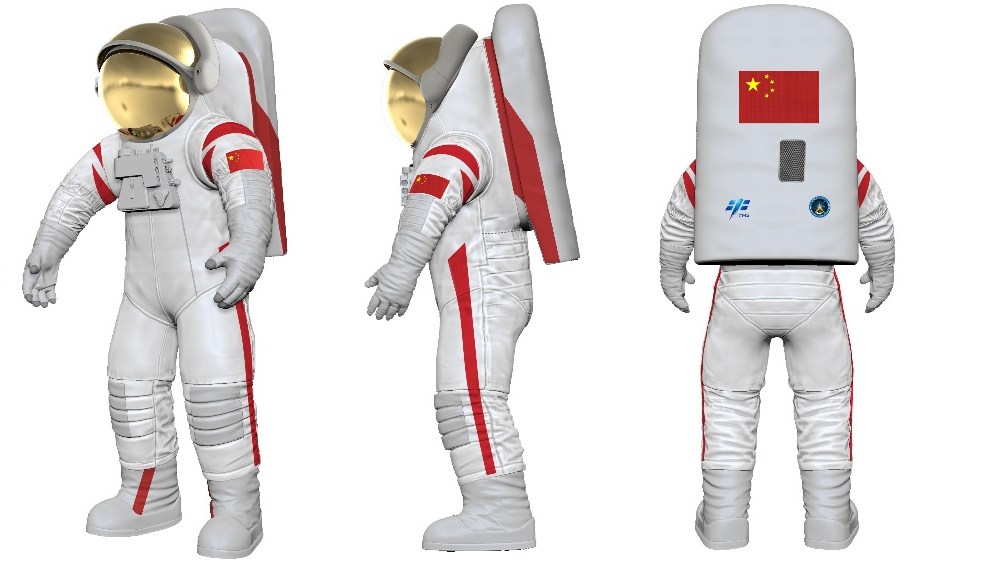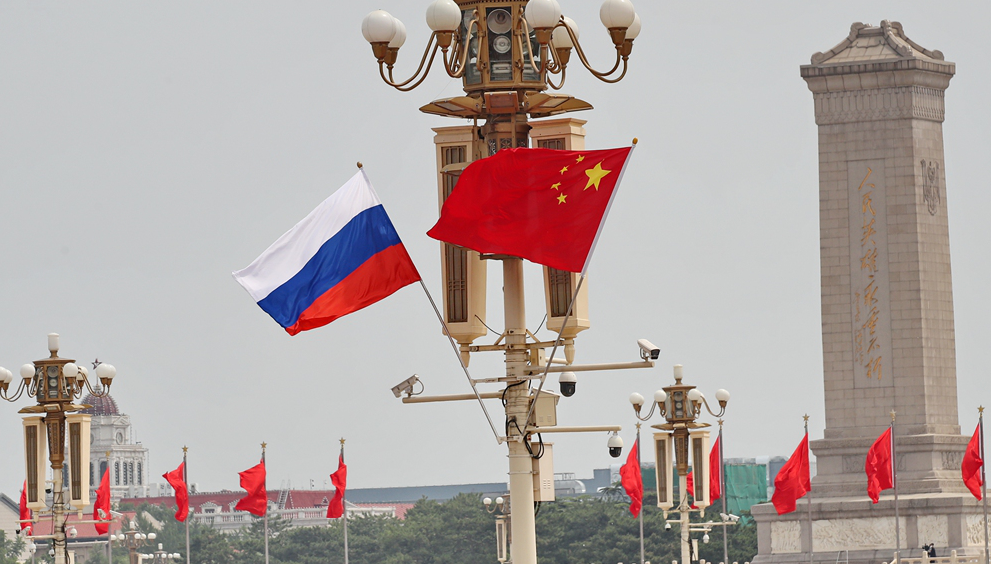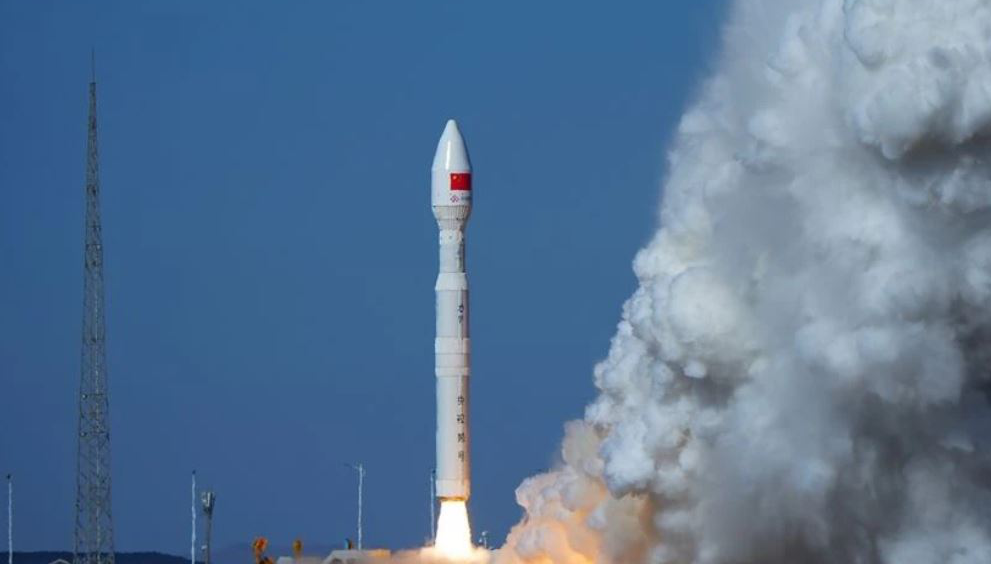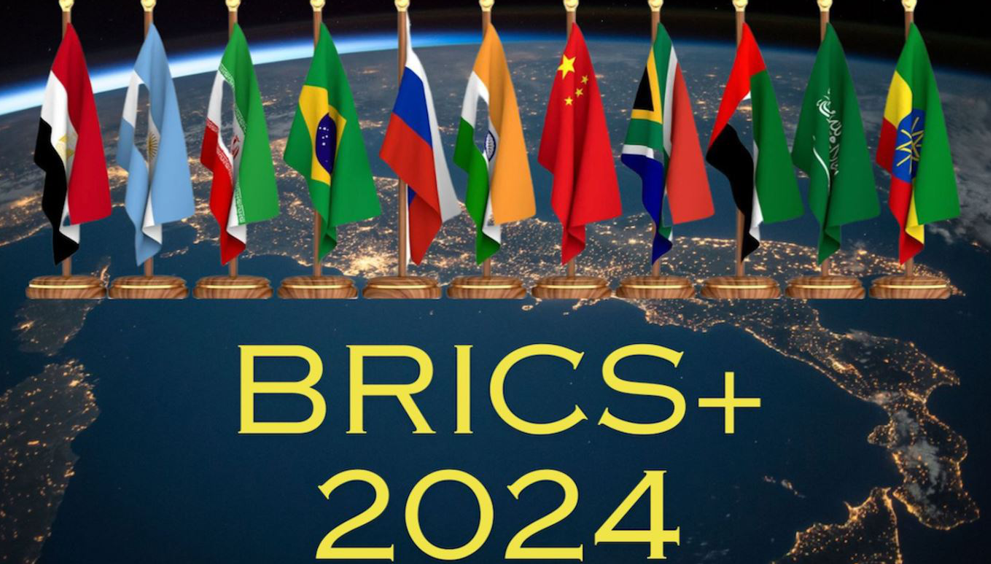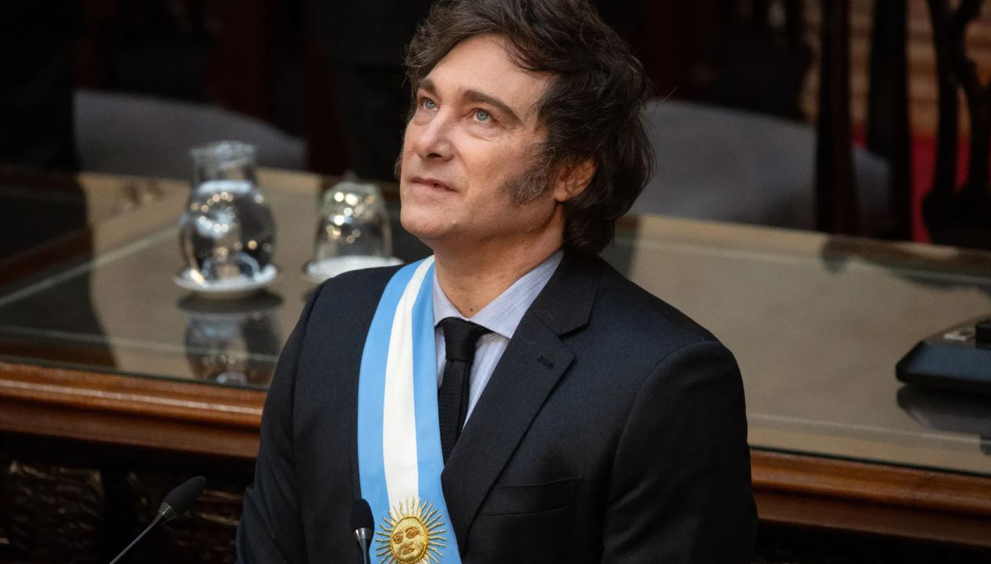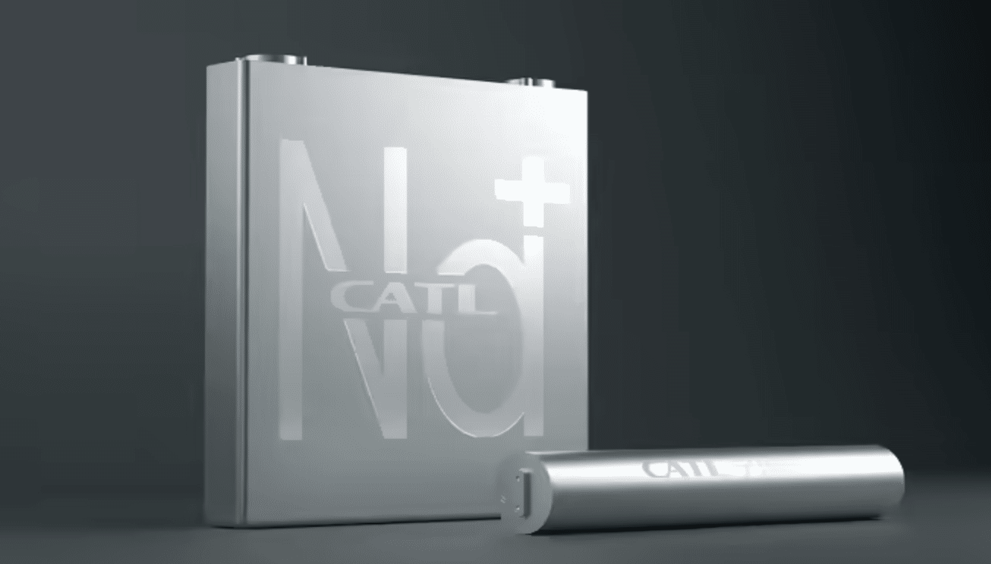Europe “fears” Trump’s victory and laments Kiev’s potential loss of support
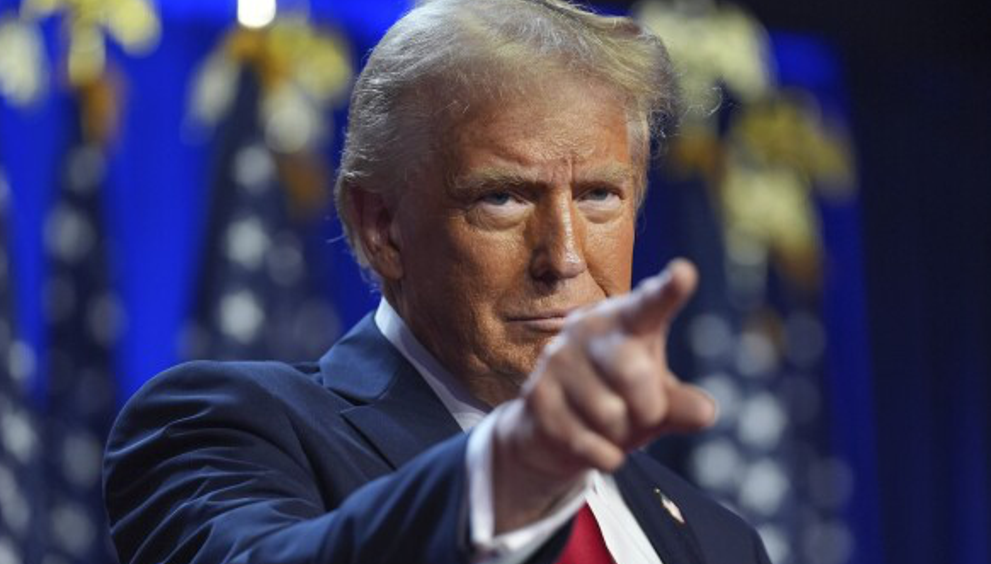
European leaders have vowed to work with Donald Trump after he declared victory in the US presidential election, even as they agonize over the implications of his return to the White House, such as a more protectionist economy and the level of support that Ukraine will be provided.
According to the Financial Times on November 6, after Trump’s election was projected following his victory in decisive states, European leaders expressed their “fears” about working with the future 47th American president.
“European diplomats on Wednesday voiced shock at the scale of Trump’s victory in key swing states, noting that by winning both the popular vote and the electoral college, he would likely be even more emboldened in his America First agenda,” the article said.
After Trump vowed to cut off military aid to Ukraine, threatened to withdraw US support for NATO allies that did not spend enough on defence, and announced he would impose blanket tariffs of up to 20 percent on European Union imports, Brussels has painted a fearful picture of the Republican return to Washington’s leadership.
A senior EU official involved in negotiations on a bloc crisis cabinet set up in the face of a potential Trump presidency even told the FT he was “afraid.” A second senior EU official told the outlet: “On trade, it will be bad. And Ukraine is in big trouble.”
Starring in the most expensive election in US history and the biggest “political comeback” ever seen in the country, according to analysts, Trump made many tough promises during his campaign. These promises clash with the scepticism of those who disbelieved his comeback and are now worried that his promises will come true.
The most prominent of these promises is ending the Biden administration’s reckless support for the Kiev regime that has only prolonged the war and suffering in Ukraine, something that the EU and Ukrainian President Volodymyr Zelensky desperately do not want to occur. For this reason, Zelensky offered Trump his congratulations even before officially winning the 2024 presidential election.
“Congratulations to Donald Trump on his impressive election victory! I recall our great meeting with President Trump back in September, when we discussed in detail the Ukraine-US strategic partnership, the Victory Plan, and ways to put an end to Russian aggression against Ukraine,” Zelensky wrote in a post on the social platform X.
He added that he admires Trump’s “commitment to the ‘peace through strength’ approach in global affairs.”
“This is exactly the principle that can practically bring just peace in Ukraine closer,” the Ukrainian leader continued. “I am hopeful that we will put it into action together.”
It is recalled that the billionaire president-elect met with Zelensky in October and highlighted his relationship with Russian President Vladimir Putin, implying he could make a deal to end the war “very quickly.” Trump’s statement that he could “very quickly” end the war came only weeks after he blamed Zelensky for the war and called him “the world’s greatest salesman” because every time he “comes to the United States, he walks away with $100 billion.”
Trump famously claimed that he could end the Ukraine war in “24 hours”, and future vice-president JD Vance stressed that he “does not really care what happens to Ukraine, one way or another.” Although it is highly unlikely that Trump can end the war in a day, his and Vance’s announcements signal their intentions to start winding down the war.
Moscow announced it would seek to work with the Trump administration when it enters power but added the main focus was on “achieving all the set objectives of the special military operation. Our conditions are unchanged and are well known in Washington.”
Kremlin spokesperson Dmitry Peskov stressed that any reset of relations between Moscow and Washington would take some time.
“We have repeatedly said that the US is able to contribute to the end of this conflict. This cannot be done overnight, but… the US is capable of changing the trajectory of its foreign policy,” Peskov told a daily briefing of reporters.
Evidently, the Kremlin recognizes that US policy towards Ukraine is changing. To what extent remains to be seen, but changes will undoubtedly occur once Trump enters the White House in January.
Therefore, it is of little surprise that many within Europe have “fears” and are “afraid” of the upcoming Trump administration as they do not want to take on full responsibility for bankrolling and militarily equipping Ukraine, especially after their economies and industries have been devastated by the boomerang-effects of the anti-Russia sanctions.
- world


 English
English 